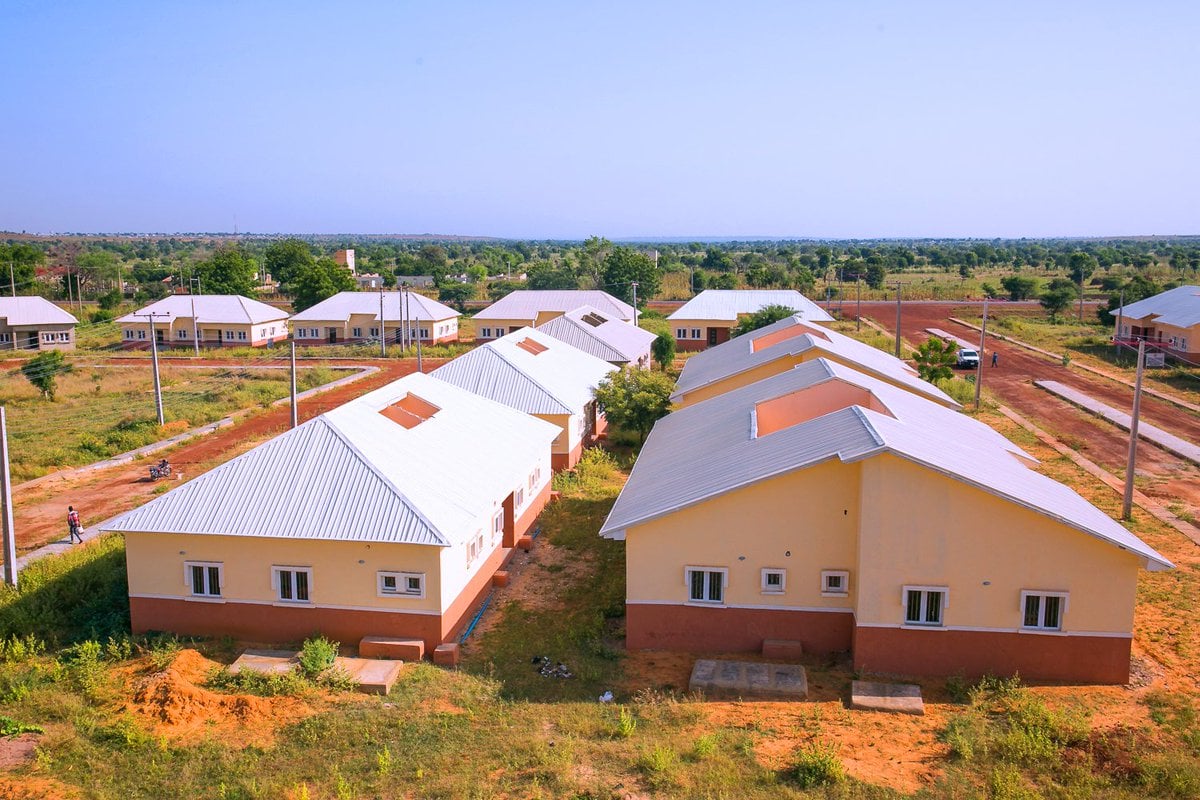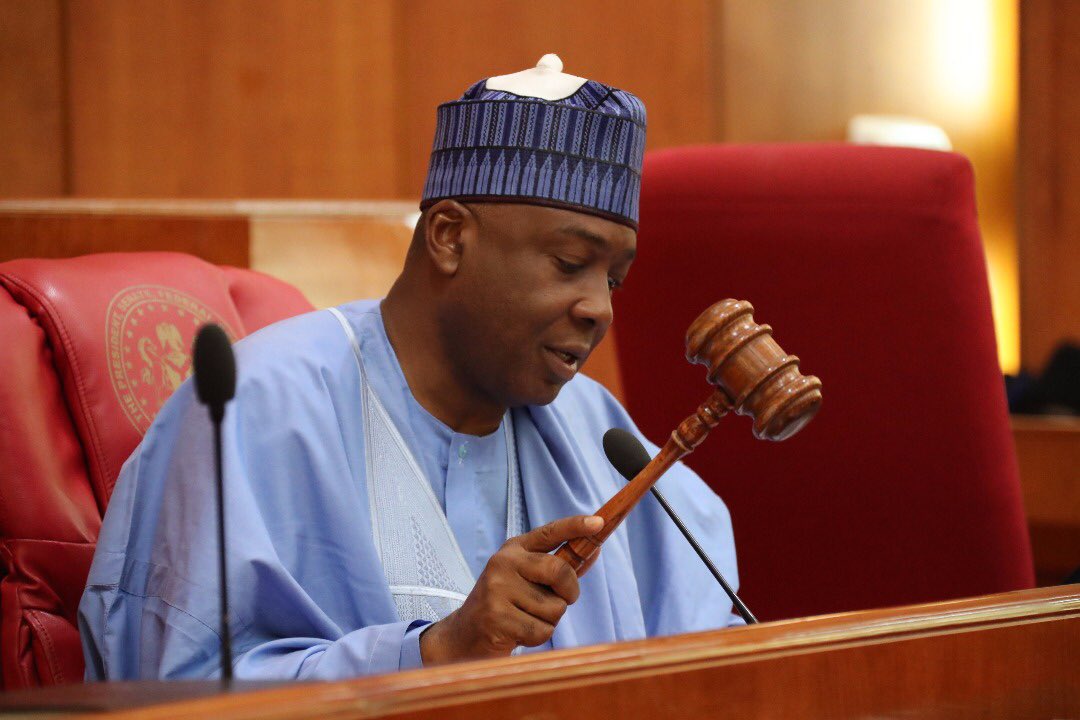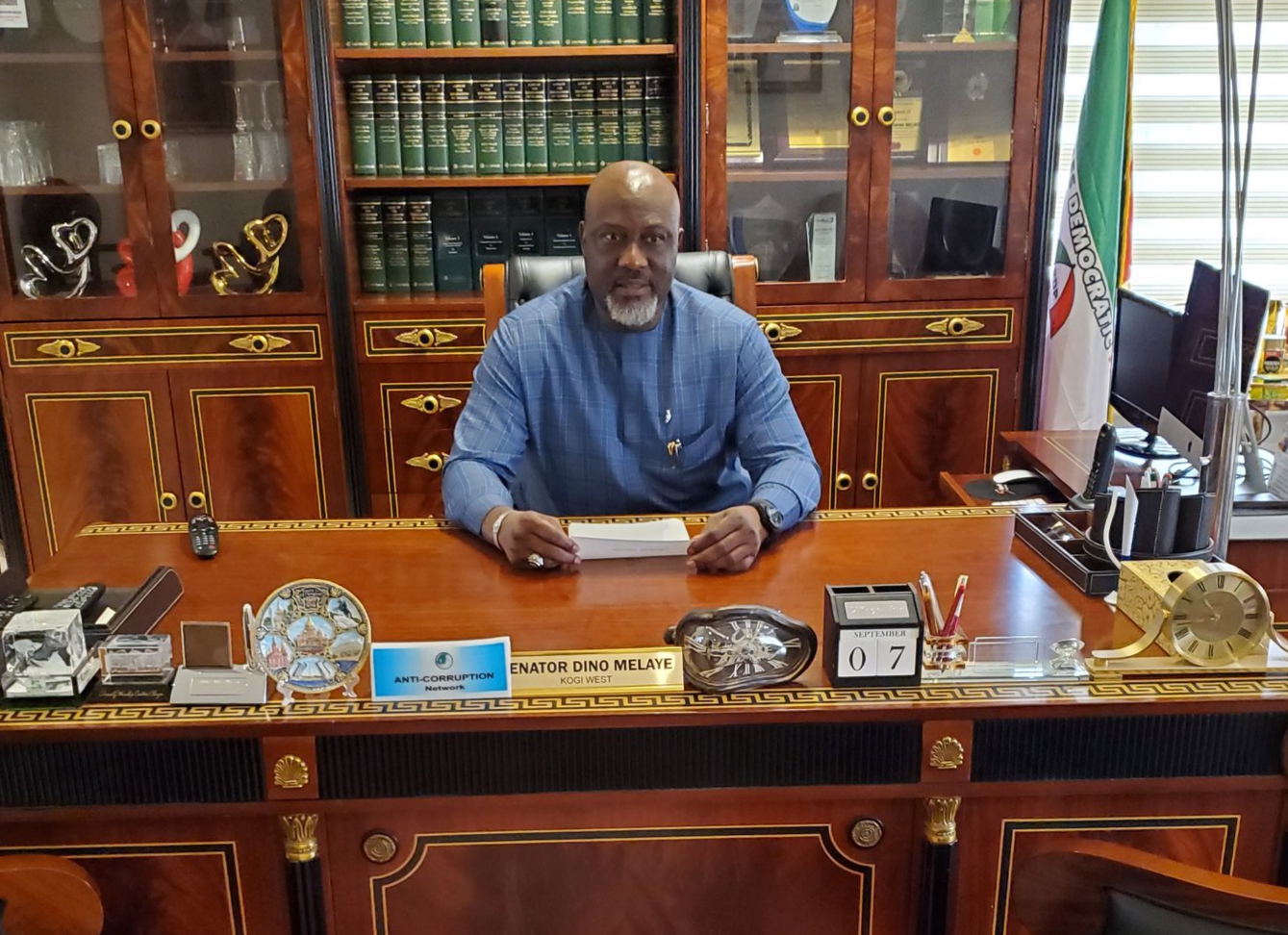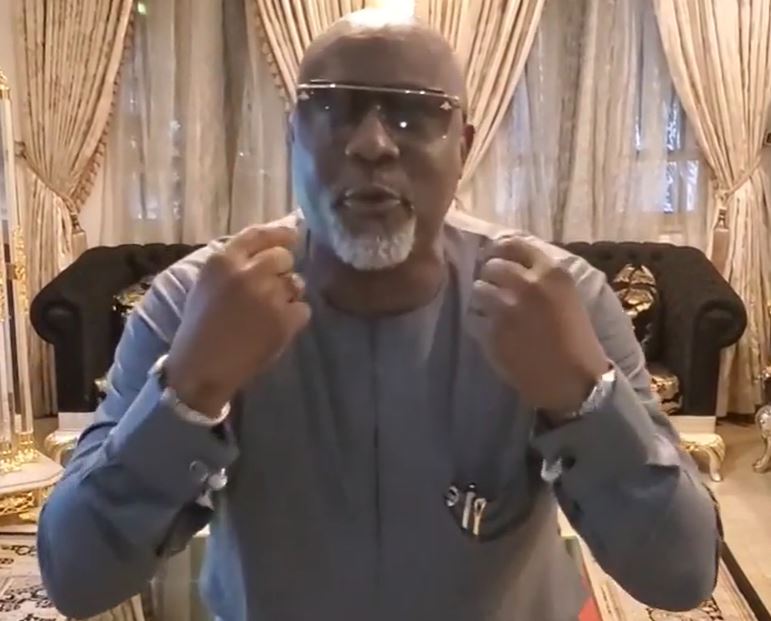As an economist, I have been taught that one of the key reasons why policies fail is the inability of policy makers to consider all the variables that affect outcomes. Policymakers oftentimes choose to be deliberately blindsided by facts that some deeper levels of rigor would have brought up for consideration. The difference between our society, and others that have made progress could be boiled down to the refusal to deal with this identified factor, or perhaps the penchant to always choose the easy route that demands little effort.
A lot has been written on the subject of Nigeria’s housing deficit but little has changed on the ground. There is however, a need to keep at the subject in the hope that something will give. It is a tough call, but until the day we get a move on in this sector, like the Americans say, our dream of sustainable development will remain a mirage. I refer readers to my last article on the same subject, titled “The Unblemished Truth about Nigeria’s Housing ‘Crisis’”, which can be found at Here.
The simple questions we need to answer, as it pertains to our housing challenge, are as follows:
- How come 70% of Nigerians still live in ghettos and slums and mostly in decrepit houses despite investments over decades?
- Why are we creating new parastatals and agencies but on the ground the problem remains?
- What is our best approximation of the housing deficit? 17 million? Or less?
- How do we really solve the problem of housing for our people in a sustainable fashion?
- Which segment of society should we concentrate on? Civil servants? Middle class? Or the really deprived?
- How can we change the face of Nigeria entirely through a mass housing project? What will be the ancillary benefits of a reinvention of Nigeria through this means?
The question of housing deficit is even more imperative given the potential for a repositioning of the housing sector to revamp an economy in perpetual distress. The bigger picture is that a focus on housing means a redrawing of the map of our nation, a creation of a different artwork out of Nigeria. I look at those sprawling rusty roofs and the falling mud houses that dot many parts of Nigeria, especially in the south west and middle belt, and the mud huts that the deprived of the north live, and wonder if we intend to leave them that way for another 50 or 100 years. We should know that these contraptions should either be modified or in most cases, demolished and rebuilt. Who will bell the cat? Note that it is only the south east of Nigeria that has bootstrapped itself in this regard. Let me itemize, again, what this could achieve by reimagining and rebuilding at that level:
Advertisement
- Creation of a new national architecture
- Attraction of tourism to our prototype housing and landscape (because there is nothing to show any tourist presently except the better built of those mud houses are reclaimed and preserved. Those houses should never be used as mass housing).
- Reorientation of the mindset of Nigerians, especially the younger generation of poor Nigerians who have become used to slum-dwelling
- A boom to the economy can be precipitated by a focus on housing and construction. Massive jobs could be created for millions of Nigeria. The caveat is that we must find ways of sourcing 95% of materials locally.
- We can connect gown with crown here. We need the inputs of academia in generating and developing new materials for mass housing especially for the poorest amongst us who need decent housing the most.
17MILLION OR RUSE?
Well, my position is that our housing deficit is NOT up to 17million, and that that figure has been used for long as a bogeyman for too long, while we achieve very little on ground. The calculation is simple. Even if our population is 200million, 17million new houses could conveniently accommodate 170million people (at 10 per housing unit), and so what will we do with the current housing stock of over 10.5million according to Federal Mortgage Bank of Nigeria? If 70% of Nigerians (140million) live in slums, that number ought to be the focus of new housing. A large part of existing housing can be redesigned, and many merely suffer from being located in unplanned, dilapidating environments. We cannot destroy the entire housing stock we have. We have to build around it. I say if Nigeria could target about 5million new housing units over say 10 years in a structured manner, we would have reinvented this country. Note also that we don’t want a housing glut even at the lower end of the market as has already happened at the upper end. A small manageable scarcity is important to keep investments in housing going and a vibrant secondary market. All else is dead capital.
That brings us to why we have deliberately got it wrong thus far. I will also itemize the bad thinking that has driven our wrong approach to housing in Nigeria:
Advertisement
- Many top drivers of policy think this is just a monetary problem. They recommend that we take money from the N10trillion pension funds; monies contributed by longsuffering Nigerians to cushion their retirements. We may throw money at this problem but if we are not honest and fair, we will waste the money. This we will do by taking pension money and throwing again at the already overbloated top end of the market. Too many housing estates are lying fallow all over the country, with many expensive ones – some funded through government schemes – already dilapidating. Of course, this problem is not merely a monetary phenomenon, but a systemic issue that requires the combination of several approaches and coordination of several sectors
- Some believe that all we need are ‘experts’ in mortgage sector to reposition the housing sector. In truth, mortgage will not work for now if we want to get salutary results in this sector. This is because mortgages depend on certainty in income flows. Mortgages work in developed countries where most people get a “9 to 5” job meaning there is an assured salary monthly from which the mortgage can be serviced. The concentration on mortgages as a way of solving our housing problem is a grand delusion for now. Let us not even begin to consider the effect of COVID-19 on incomes, jobs, and stability in general.
- Nigerian government deliberately promotes some sort of pseudo “entrepreneurship” among a vast majority of our young people, chiefly because we have not been magnanimous and visionary enough to see that national resources should be stretched for everyone’s benefit. We hear about the looting going on in every MDA. How then can the youths have jobs that can sustain them and live a stable life?
- ‘Entrepreneurs’ do not have stable income. In fact, they are risk-takers. Well, what Nigeria is creating are entrepreneurs trying to run away from poverty by trading, buying and selling, or by importing equipment from abroad for some sort of production. Still, this is risky and there are no assurances of income, sometimes for months or years. No ‘entrepreneur’ or better still, micropreneur will qualify for a proper mortgage because of income unpredictability.
- The vast majority of older Nigerians are farmers, self-employed, hustlers and whatnot. The federal government employs barely 2,000,000 people if we add all the policemen, soldiers and everyone financed by the government (including ghost workers). Those in permanent employment in the private sector may be less than 5million and those figures keep dwindling as a result of the ‘new normal’ as machines and robots take over. We can see just how fragile mortgages can be in Nigeria?
- Nigeria does have a fairly large stock of vacant houses especially in urban areas. This is because of the failure of a policy that favoured luxury housing. In fact, even when the government decides to build ‘low-cost housing’ (usually for the lucky civil-servants), the prices are far above what any honest worker can afford – even if they found the usual 5 years mortgage.
Indeed, some banks give ‘mortgage’ loans in Nigeria. Yes, they give mortgages for a maximum of 5 years. Lending rate is anything like 25%. Anyone who knows how mortgages work abroad and everywhere else will be alarmed at this figure. I do not believe that the creation of entities like the Mortgage Refinancing Company or Mortgage Guarantee companies as is being proposed is going to have a profound impact on housing in Nigeria.
Let me itemize some random thoughts to close:
- We need a prototype of really cheap housing, with materials almost 100% sourced from Nigeria
- We need to redirect focus towards rural housing, such as to open up the grassroots in Nigeria, with this cheap housing, and be able to encourage many of our urban slum-dwellers to the rural areas
- This strategy will have to work with a revamped transport sector, so that many will prefer to live in the rural areas and maintain their urban jobs (where they have).
- We need to restructure the public service to be less toxic to the entire system as it is currently sapping the life out of Nigeria. The public sector should be larger but focused on delivering service to Nigerians especially in the rural areas. This ties with a shift of focus to rural housing too.
- We need to understand that driving the youths to desperate entrepreneurship (which is pseudo in nature) will not make for stability in the country, and mortgage is built on stability.
Views expressed by contributors are strictly personal and not of TheCable.
1 comments








Thank you very much Mr. Fasua. I always enjoy your contributions.